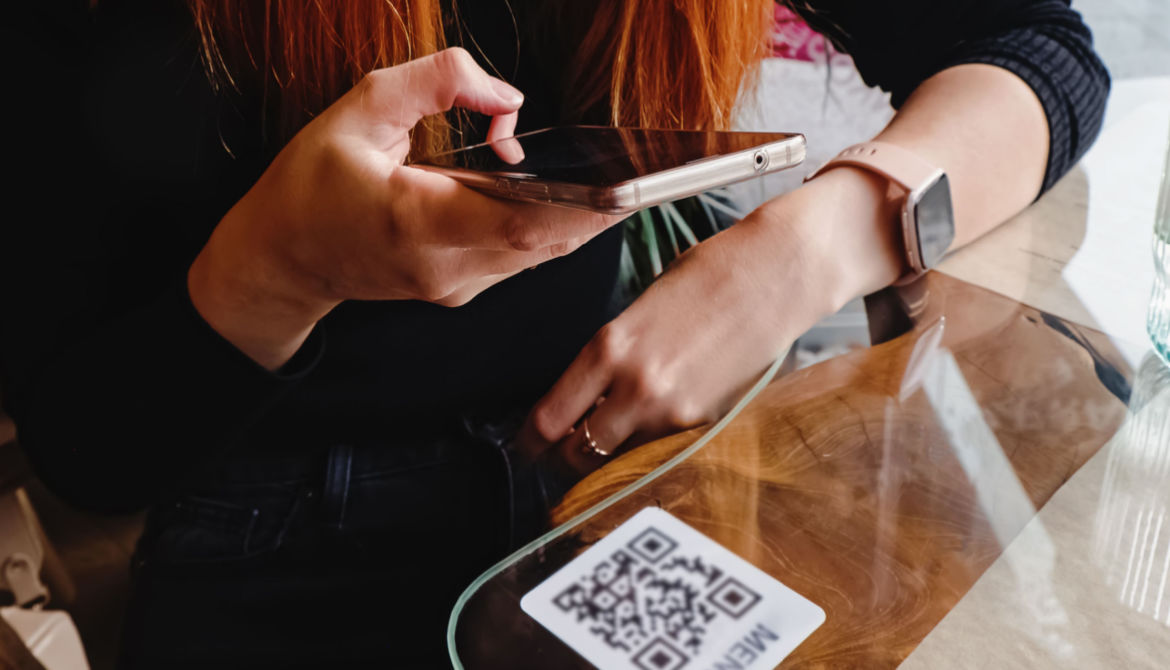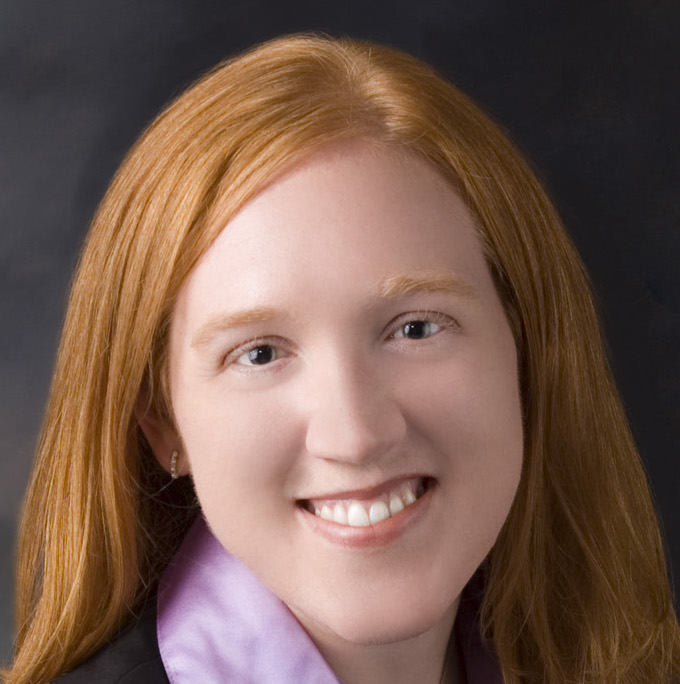3 minutes
Latest First Line of Defense installment also updates your team learn about car wrap scams.
The latest edition of First Line of Defense™ raises the alarm on two key kinds of fraud and how to spot them: quick response code scams and car wrap scams.
QR Code Fraud
While quick response codes, more commonly known as QR codes, have existed since 1994, they have recently grown in popularity during the pandemic as many restaurants replaced their paper menus with these scannable codes. QR codes have also grown in popularity with scammers as a tool for committing fraud.
Most QR codes that you or your members will encounter are legitimate. Financial institutions across the country are even using them as a convenient way to engage consumers. So how do scammers leverage this convenient technology to their advantage? They use them to direct people to malicious websites, embed malware and redirect payment.
Credit union staff, as the first line of defense against fraud, can help members avoid QR code scams with this advice to members:
- Once you scan a QR code, check the URL to make sure it is correct. A malicious URL may look very similar to the intended, legitimate one but with typos or misplaced letters.
- Do not assume that a site labeled as secure—indicated by a padlock icon shown to the left of a URL beginning with “https://”—is actually a legitimate site. An analysis conducted in 2018 found that almost 50% of phishing websites were using “secure” websites. That number is likely even higher now!
- Examine the website itself. Look for things like altered fonts, misaligned graphics and overall poor quality.
- Avoid making payments or entering personal or financial information on a website navigated to through a scanned QR code. Instead, manually type a known and trusted URL.
- When scanning a physical QR code, make sure that it hasn’t been tampered with. For example, is the QR code printed on a sticker that has been placed over the original QR code?
- Do not download apps from a QR code.
- Do not download a QR code scanner app; it may increase your risk of downloading malware. (Most smartphones have a built-in scanner in their camera app.)
Car Wrap Scams
Another scam that has existed for some time leverages car wraps. A car wrap is a large vinyl decal applied to a car to promote a business; the idea is that consumers make money advertising while doing their normal driving. However, car wrapping solicitations are sometimes scams.
A car wrap scam may present as follows. A member walks into the branch to deposit a check from the scammer. The scammer will have told the victim to deposit the check, keep their share and send the rest to another company that will wrap the car. The check will be returned as counterfeit and the victim will be responsible for reimbursement of the check and unable to get back the money they sent to the fake car wrap company.
By being aware of the potential for car wrap scams, credit union staff can prevent financial losses and emotional hardship for members and help mitigate fraud-related risk for their credit union.
Laura Lynch is products and services manager for CUES. First Line of Defense is an interactive training platform for front-line staff. Each quarter, First Line of Defense sends subscribers 10 challenges that ask staff to determine if member transactions are legitimate or fraudulent. The simulated interactions include documents used in transactions, such as checks, driver’s licenses, account history screens and signatures on file. Once staff complete the challenges, they see in dollars and cents the potential loss to your credit union and members when scams aren’t caught. Book a demonstration with CUES staff.










